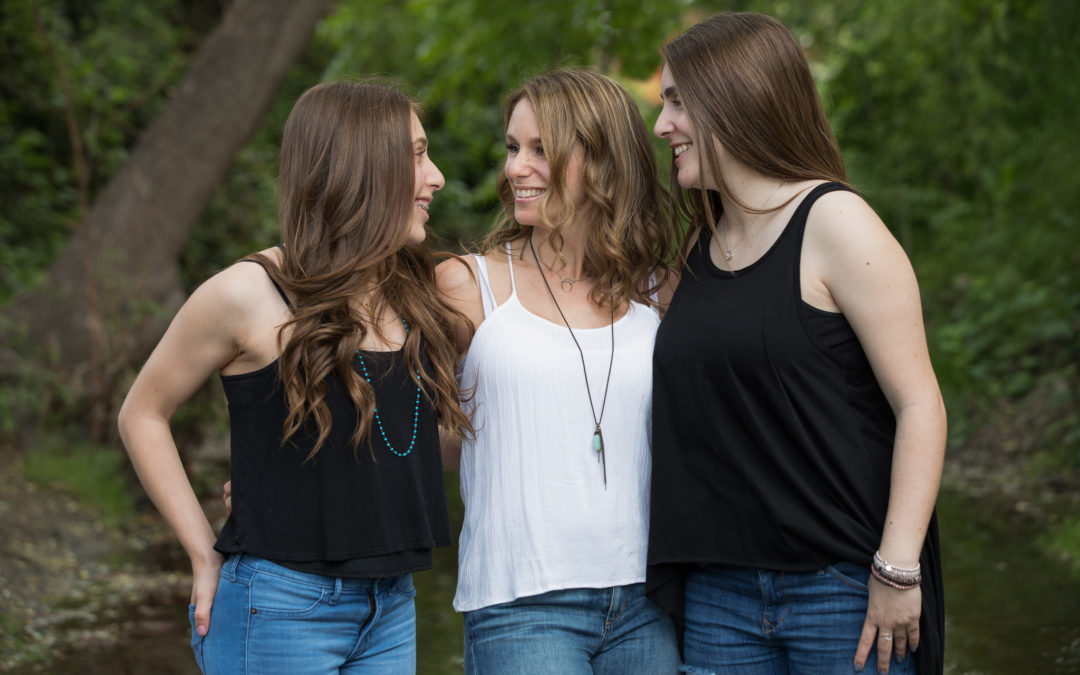 I’ve always known I’d be a good mom. But I also used to have a lot of fears about parenting, like all the unknowns that I couldn’t control. In the beginning I felt unsure of what to do to be most effective and how to always stay calm. There were definitely some stories I could share that highlight my most unskillful moments – oh yes, we’ve all had them, despite our best intentions.
I’ve always known I’d be a good mom. But I also used to have a lot of fears about parenting, like all the unknowns that I couldn’t control. In the beginning I felt unsure of what to do to be most effective and how to always stay calm. There were definitely some stories I could share that highlight my most unskillful moments – oh yes, we’ve all had them, despite our best intentions.
But over the years, through trial and error, my education and professional training, but most of all my mindfulness practice, I think I’ve developed the skill (yes – it’s a learnable skill, not necessarily a direct reflection on how much you love your child), frameworks and practices to not only be a good mom, but a great mom.
And how do I know this? Because my two daughters tell me all the time, “Mom, you’ve got to write a book on how to be a great mom – people need to learn from you, because you really are awesome!” This feedback rarely gets muttered out of the mouth of babes, and if/when it does it usually happens when your child becomes a parent themselves and they finally understand and appreciate you. But how many 12 and 14-year-olds say this to their mom? Probably not many; but mine do…often!
So, I’m working on the book, but in the meantime, I’ve recorded a Patient Parenting class (7 class, each about 10 minutes long) for the app Simple Habit. I’ve highlighted what I think are the 7 best tools that any parent can start implementing immediately to stop yelling, end the cycles of frustration and power struggles, as well as unsuccessful discipline strategies to instead, parent with greater presence, compassion, calm, patience and effectiveness.
Here’s a quick overview of the 7 tools:
- Be present – get out of your head, your thoughts, expectations of how you wanted it to be and get present on how it actually is. Parent to the kid you have and not the one you think, wished or hoped you had. And physically be present…don’t just be there, but actually intentionally be there
- Role model the behaviors you wish to see – so often parents ask their kids to do something that they aren’t themselves doing. I promise you, yelling at them to calm down, will never actually calm them down
- Create clear house rules – if they don’t know what’s expected of them, then how are they supposed to know how to act on a daily basis
- Enforcing effective discipline – you need to have consistency of enforcing the house rules, but do it in a way that actually creates lasting change, not just stopping negative behavior in the moment
- Compassionate communication – want to know the quickest way for your child to act out or resent you? Don’t validate their emotional experiences! Learning to communicate compassionately not only strengthens the bonds, but also decreases negative behavior. I promise.
- Cultivating gratitude – having a culture in your home in which gratitude is practiced helps you all manage those dips in emotional frustration, overwhelm, anger and sadness
- Allowing and accepting what is – when we can continue to be present and accept whatever is arising in the moment without judgement, the better chance we have at staying calm and patient.
Easier said than done, but with practice all of this is possible!


